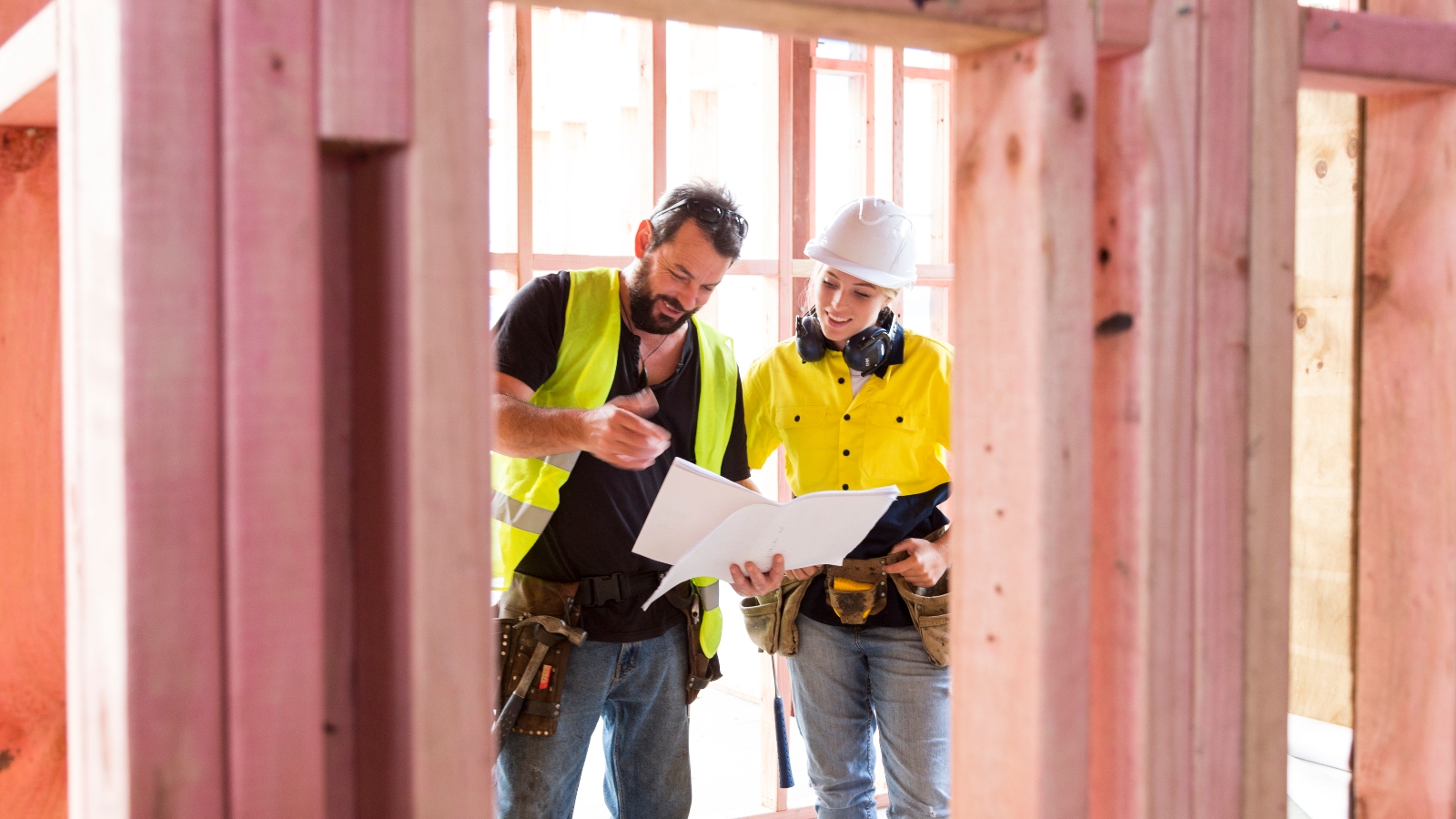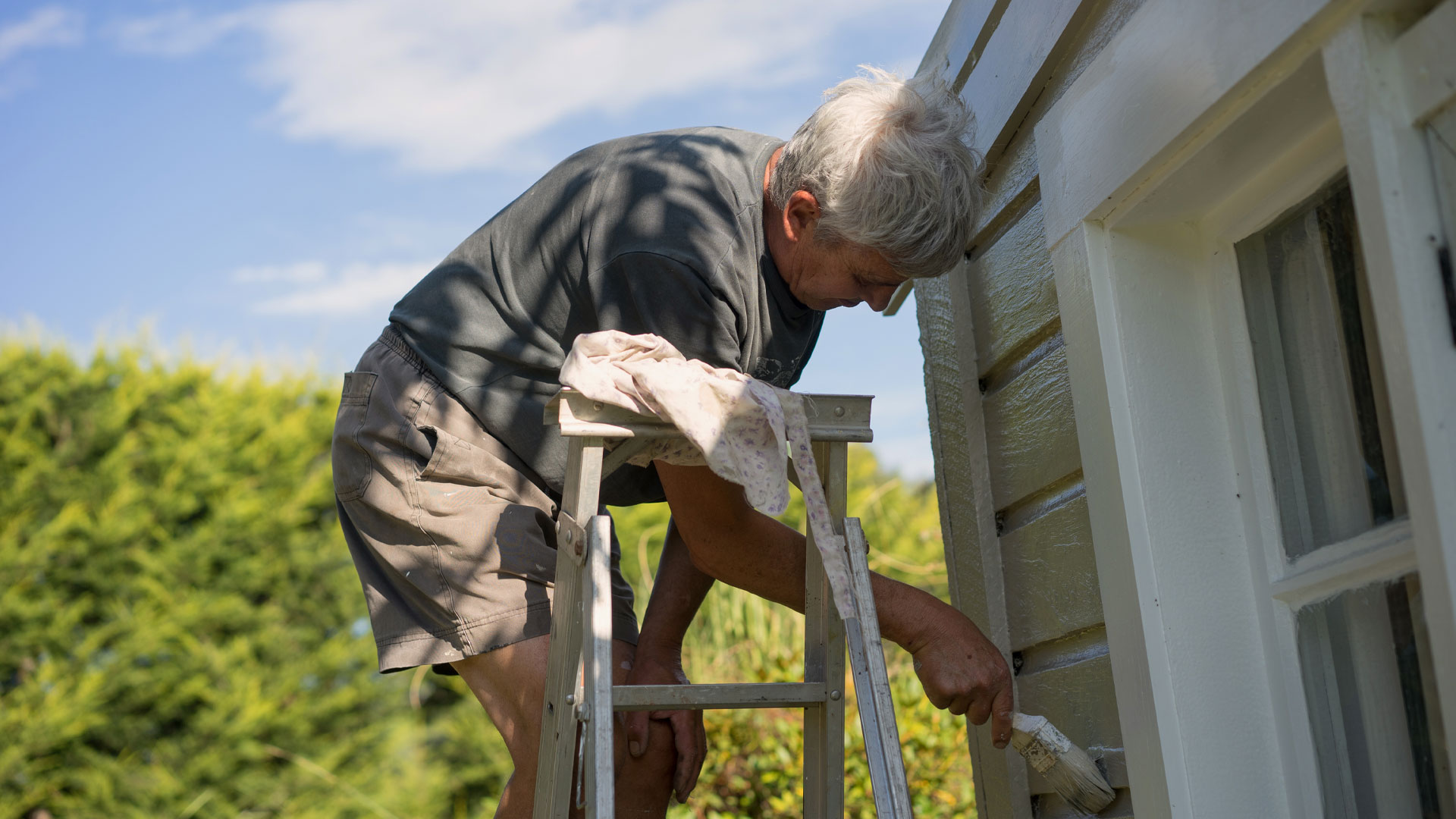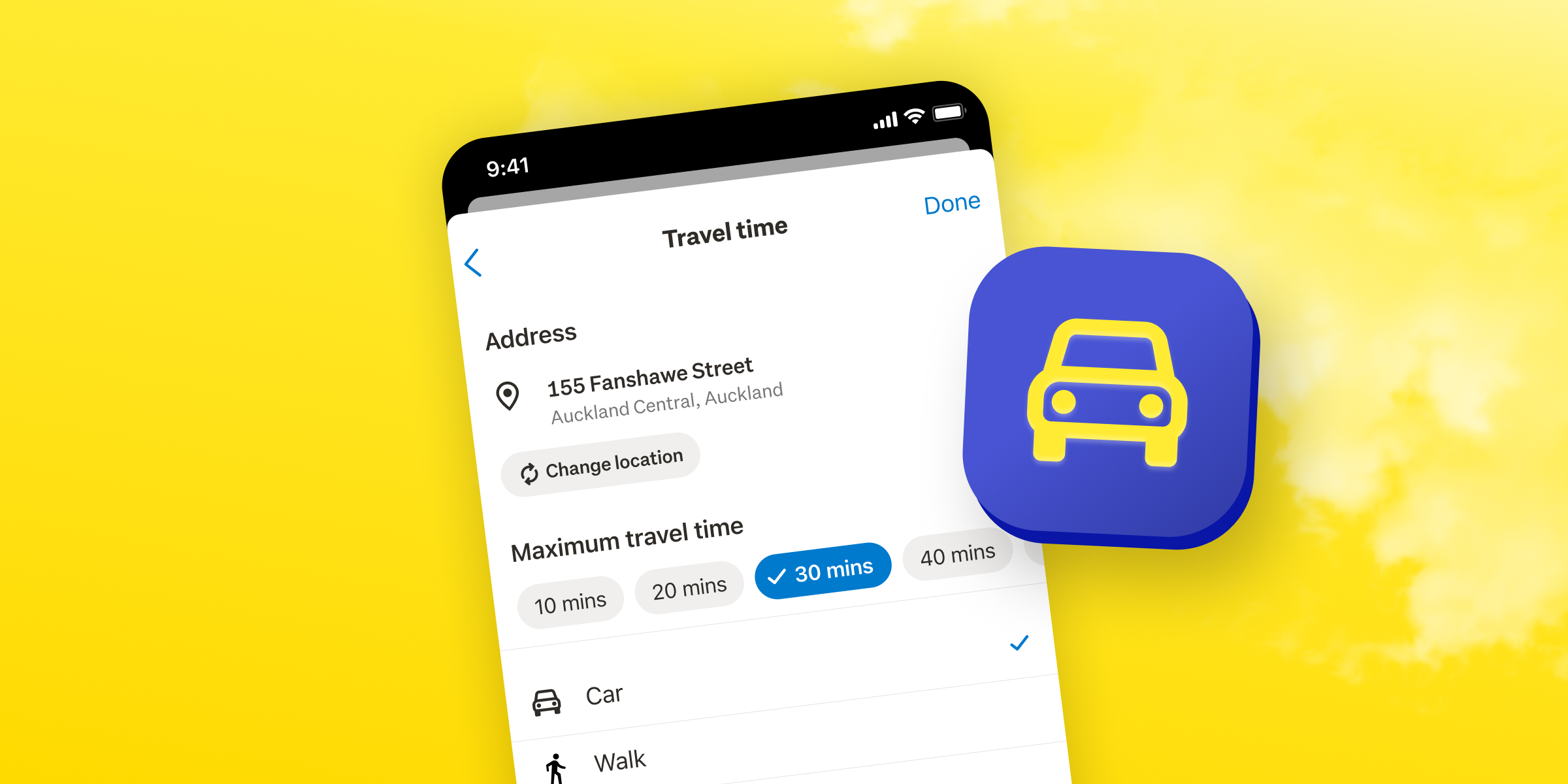Buying guide
What's the cheapest way to build a house in NZ?
Building a new house in NZ doesn’t have to cost a fortune - here’s how you can do it cheaper.

How to reduce the cost of building in NZ
Start with the contract
Buy cheaper land
Build on a flat section
Use standard plans
Flat sections are generally much cheaper to build on.
Consider materials, fixtures and fittings
Do it yourself
Build smaller (or try a tiny home)
Use a flat pack or kit set builder
By building a contigency fund into your plan you protect yourself from budget blowouts.
Plan for the worst
FAQs — Building on a budget in NZ
Author
Search
Other articles you might like








